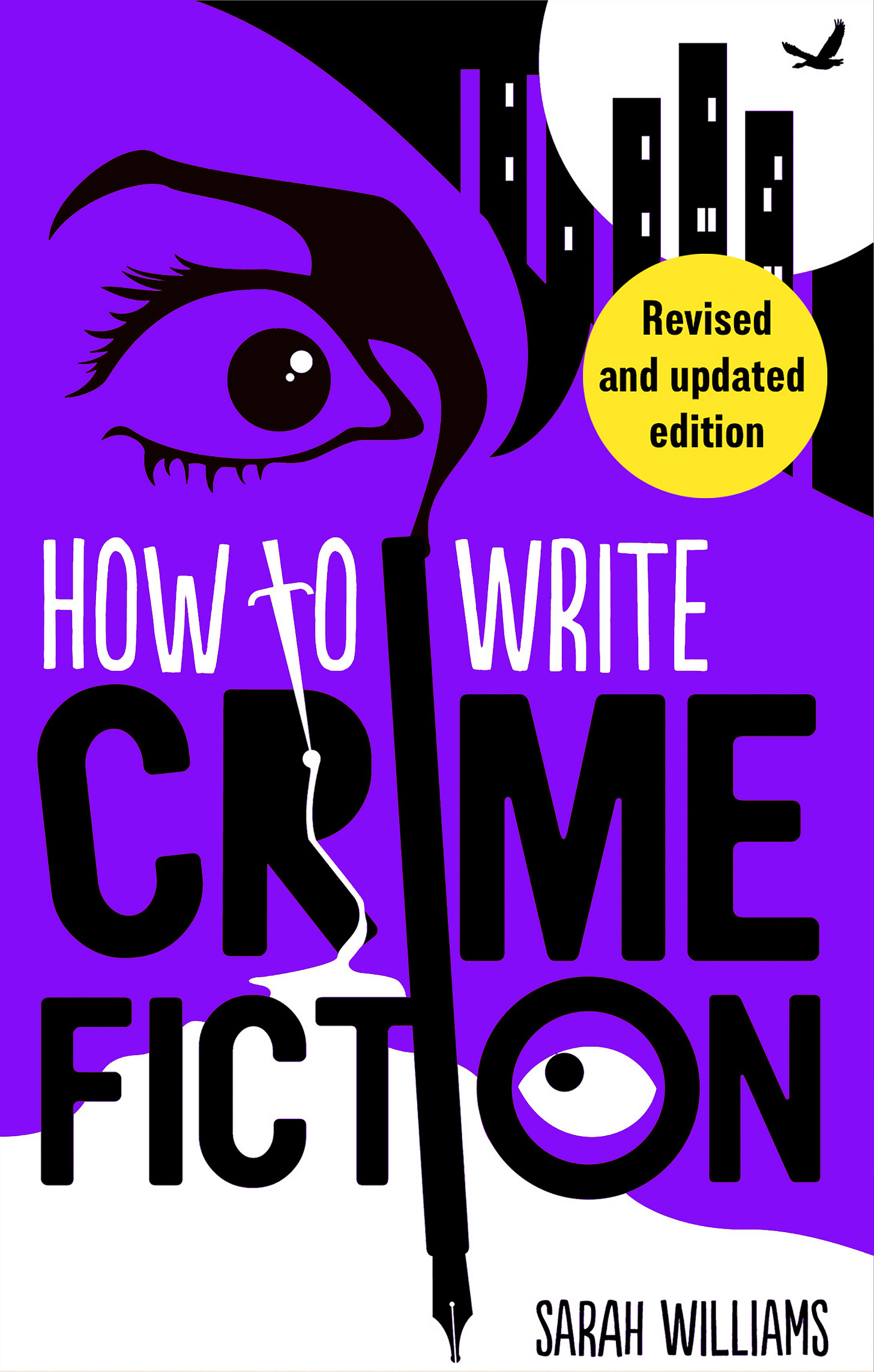
I have just sent off the first proofs to my next book, the second edition of the non-fiction How to Write Crime Fiction, which is due to be published in July of this year.
It’s an odd time for an author, the proof stage - the work is out of your hands, but not yet in the hands of the reader. You’ve parted with it, but it’s not yet born - or, perhaps in a more accurate analogy, it’s born, but not yet baptised. It is, so to speak, in Limbo.
Just a quick aside on the history of the Catholic doctrine of Limbo, before returning to the hapless author’s plight. It’s something I find it very hard to get my head around.

The current position of the Catholic Church, as I understand it (and apologies in advance if I’ve got the wrong end of the stick) is that the doctrine on infant baptism first articulated by St Augustine is no longer part of the Catechism and is, so to speak , an optional extra - you can teach it if you want, but it’s not obligatory. St Augustine’s position was logical, clear, and uncompromising. Newborn infants were born into Original Sin. If they were not baptised, they were not saved, and thus would never experience the Bliss of beholding God. But, Augustine and later Church Fathers conceded, an unbaptised newborn infant had not had any realistic opportunity to sin on its own account at that stage, so, although they’d have to go to Hell, they’d just be consigned to a suburb, without too much in the way of suffering. Limbo as a word comes from the same root as liminal - hence the suburb. Not just hapless, but hopeless, then. Hmm.
Back to correcting proofs. It’s a painful and pernickety affair, and occasionally deeply frustrating (the typesetter had left out chunks of new text from the proofs I have just parted with, which was a tad irksome).
It’s unavoidably pernickety, of course, because you have to read for what is actually there, line by line, word by word, rather than skating over the text - particularly as, when you’re the author, you tend to see what you expect to see. You can miss all sorts of horrors if you’re not super-scrupulous and patient - and even then, you’re sure to miss something. Perhaps the worst proof-reading error with which I have been involved was when the publisher I was working with brought out a little calendar/anniversary book for children. At least four of us had read the proofs at different stages. The book was lovely, beautifully illustrated and designed. It was only when it had been published for three months that we got a very polite letter from a reader, saying how much their child was enjoying the book, but that we might like to know that we had put New Year’s Eve on the 31st of January…
Correcting your own proofs is also unavoidably painful, because you can never be satisfied with what you have written or the way you have written it. As Eliot put it, in East Coker:
“So here I am…
Trying to use words, and every attempt
Is a wholly new start, and a different kind of failure
Because one has only learnt to get the better of words
For the thing one no longer has to say, or the way in which
One is no longer disposed to say it.”
And yet, and yet, writing and researching this new edition of How to Write Crime Fiction has been an enormous pleasure. I have a learned a lot - and that’s a journey I’ll be writing about a little further down the track.
For now, though, this newborn title, umbilical cord still attached, lies blinking under the bright lights of my editor’s desk. It, and I, are both eager for the day when it will be set free from Limbo, and can at last meet its readers - and that will be when it will prove itself.





Great illustrations of your various points!